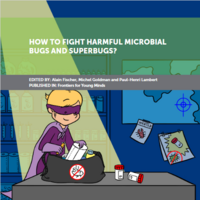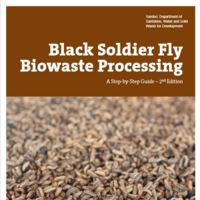Search
Books+
Searching 1,730 books
Search related to the career Microbiologist
How to Become a Microbiologist
Educational Requirements:
1. Obtain a Bachelor's Degree in Microbiology or a related field such as Biology, Biochemistry, or Molecular Biology. This provides a strong foundation in microbiology concepts and laboratory techniques.
2. Consider pursuing a Master's Degree in Microbiology or a specialized field within microbiology. This can enhance your knowledge and research skills, making you more competitive in the job market.
3. Ph.D. in Microbiology is often required for advanced research positions or teaching at the university level. This degree involves conducting original research and writing a dissertation.
Gain Experience:
1. Seek out internship or research opportunities during your undergraduate or graduate studies. This allows you to gain hands-on experience in a laboratory setting and develop practical skills.
2. Join professional organizations related to microbiology, such as the American Society for Microbiology (ASM). These organizations offer networking opportunities, conferences, and access to the latest research in the field.
Develop Skills:
1. Laboratory Techniques: Acquire proficiency in various laboratory techniques used in microbiology, such as microscopy, culturing microorganisms, DNA sequencing, and molecular biology techniques.
2. Data Analysis: Develop skills in analyzing and interpreting data using statistical software and bioinformatics tools. This is crucial for conducting research and drawing meaningful conclusions.
3. Communication: Hone your written and oral communication skills to effectively present research findings, write scientific papers, and collaborate with colleagues.
Job Opportunities:
1. Research Institutions: Apply for positions in research institutions, both in academia and industry. These institutions conduct cutting-edge research and offer opportunities for career advancement.
2. Pharmaceutical and Biotechnology Companies: Microbiologists are in demand in industries developing antibiotics, vaccines, and other microbiology-related products.
3. Government Agencies: Explore job opportunities with government agencies such as the Centers for Disease Control and Prevention (CDC) or the Food and Drug Administration (FDA).
4. Academic Institutions: Consider pursuing a career in teaching and research at universities or colleges. This often requires a Ph.D. and may involve mentoring students and conducting independent research.
Remember, the specific requirements and career paths may vary depending on your location and personal goals. It's important to stay updated with the latest advancements in the field and continuously expand your knowledge and skills.
Source: Various AI tools
Biology
Professors
Science
Computer science
Searched in English.






























